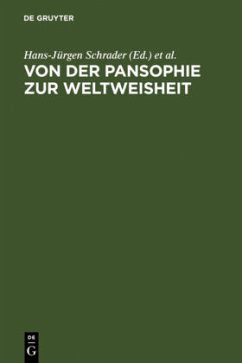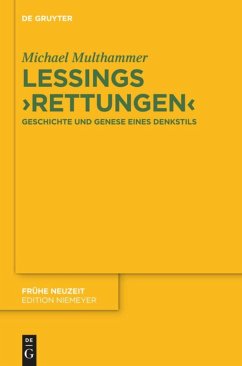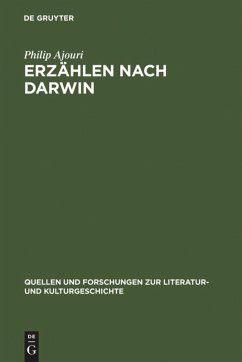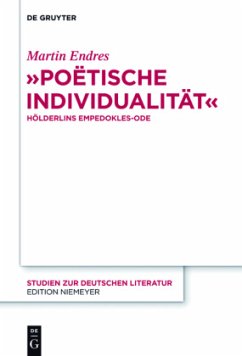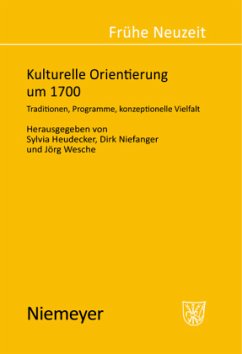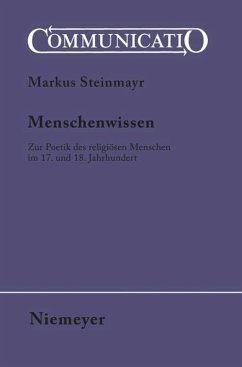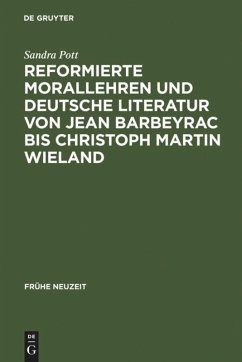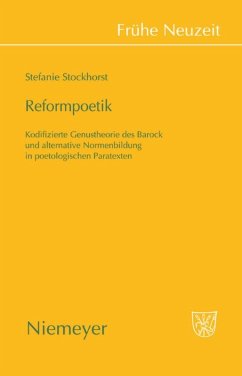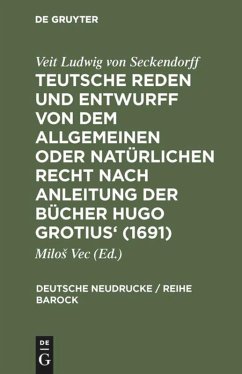
Teutsche Reden und Entwurff von dem allgemeinen oder natürlichen Recht nach Anleitung der Bücher Hugo Grotius' (1691)
Versandkostenfrei!
Versandfertig in 6-10 Tagen
199,95 €
inkl. MwSt.

PAYBACK Punkte
0 °P sammeln!
Seckendorff's »Teutsche Reden« of 1691 and the outline of his ideas on natural law published with them are a uniquely eloquent testimony of German Baroque culture. Seckendorff was the only 17th century aristocratic practitioner of courtly and political life to publish a number of his speeches in book form during his own lifetime and to supplement them with a theoretical superstructure substantiating his practical convictions. The text is centrally concerned with the connection between civilization and language culture and the dependence of public speaking on the nature of the state. Seckendorff's unfinished outline of natural law betokens the critical engagement with the rise of secular natural law by a genuinely significant theoretician on the essential issues posed by government and administration.
Seckendorffs »Teutsche Reden« von 1691 und der im Anschluss an sie abgedruckte Naturrechtsentwurf sind ein einzigartiges Zeugnis deutscher Barockkultur: Seckendorff ist im 17. Jahrhundert der einzige adlige Praktiker von Hof und Politik, der einen Teil seiner eigenen Reden noch zu Lebzeiten in Buchform veröffentlichte und darüber hinaus noch einen theoretischen Überbau zu dieser Praxis entwarf! Es geht in dieser Funktionsbestimmung um den Zusammenhang von Zivilisation und Sprachkultur und um die Abhängigkeit der öffentlichen Rede von der Staatsformenfrage. Fürst, Beamten und Untertanen werden verschiedene Rollen zugewiesen. Der Fragment gebliebene und bis dahin nicht publizierte Naturrechtsentwurf zeigt die kritische Auseinandersetzung eines bedeutenden Staats- und Verwaltungsrechtlers mit dem aufkommenden säkularen Naturrecht. Hugo Grotius' Theorie wird rezipiert, aber aus Sicht der von Seckendorff repräsentierten protestantischen Rechtstheologie ambivalent bewertet. Seckendorff bekräftigt am Vorabend der europäischen Aufklärung noch einmal den Wert des älteren christlichen Naturrechts, voller Empathie und mit systematisierendem Zugriff. Alle in diesem Spätwerk Seckendorffs versammelten Texte entstammen der Feder eines theoretisch reflektierten Praktikers der Politik aus der zweiten Hälfte des 17. Jahrhunderts. Sie ermöglichen damit einen tiefen Einblick in die politische Kultur einer als "absolutistisch" etikettierten Epoche.





